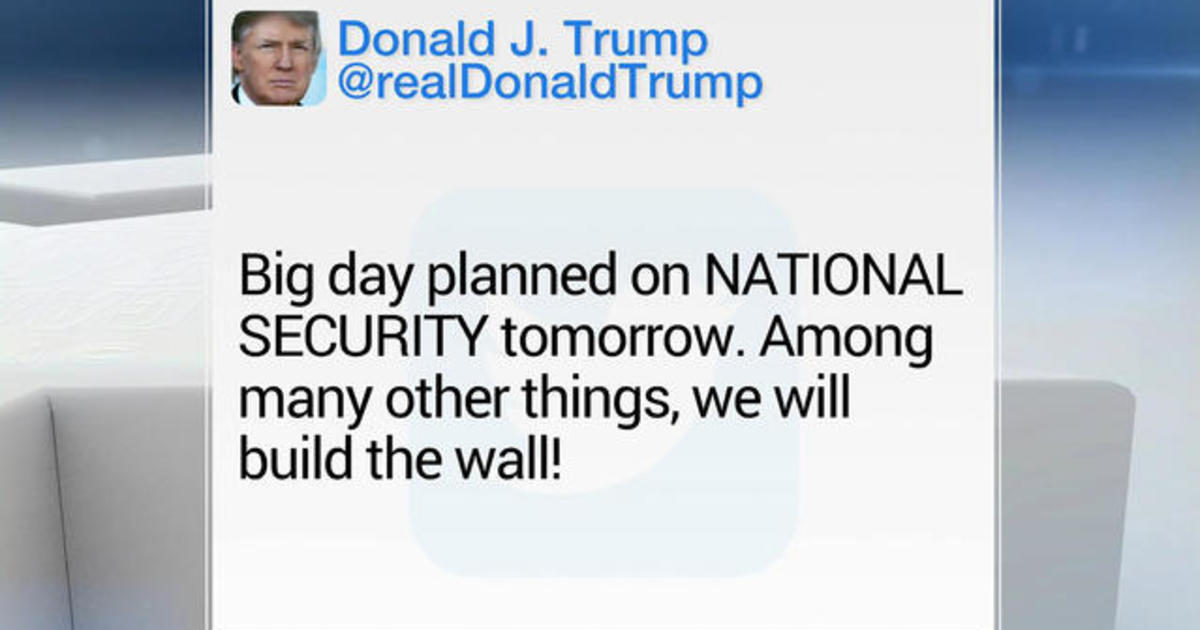Trump Thunders Ahead with Executive Actions on Immigration Enforcement that Give Big Boost to Population Stabilization
Published on January 26th, 2017
In one of President Donald Trump’s tweets, he promised that Wednesday would be a “big day” on the national security front. Trump didn’t disappoint. He forged ahead with two dramatic new executive orders that included building a “physical barrier” on the Southwest border which he insists Mexico will pay for, adding more border patrol agents, restoring Secure Communities, defunding sanctuary cities, repatriating criminal aliens and ending “catch and release,” the foolish and dangerous practice of apprehending illegal immigrants and then releasing them into local neighborhoods where they start families, and become difficult to deport.
 |
| Long-awaited immigration law enforcement is on the way. |
At the swearing in ceremony of Department of Homeland Security Secretary John Kelly, Trump said that his executive actions would save thousands of lives, millions of jobs and billions of dollars. Trump singled out Chris Crane, Immigration and Customs Enforcement union president, and Brandon Judd, National Border Patrol Council President, for their exceptional service, and promised them that effective immediately they’d be able to carry out their duties. Also present were family members, including Mary Ann Mendoza, whose loved ones had been murdered by illegal aliens.
Just before Trump’s official signing, White House Press Secretary Sean Spicer said: “Federal agencies will unapologetically enforce law. No ifs, ands or buts. Americans will no longer have to subsidize this.”
For years, CAPS has urged, in the name of stabilizing the United States population and enhancing public safety, stricter immigration law enforcement. In California, immigration is the major population driver.
Trump’s Wednesday actions will be publicized worldwide in newspapers, circulated on social media and will deter illegal immigration. Future presidential executive orders are expected this week that will, according to Reuters, severely restrict refugee resettlement and visa issuance to nationals from Iraq, Somalia, Sudan, Syria and Yemen. These countries have high fertility rates. Fewer permanent resident refugees would also help level off population growth.




